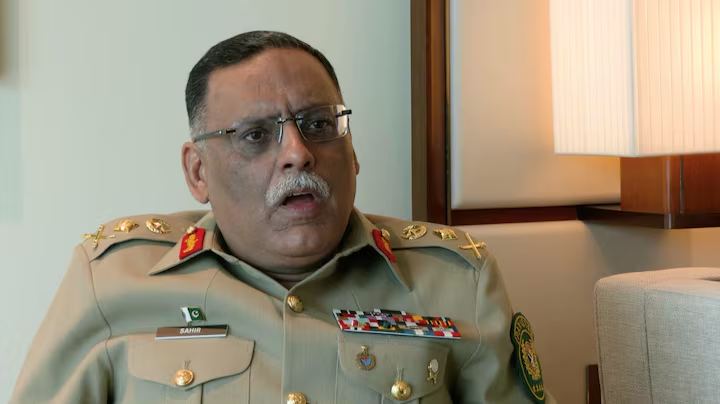Pakistan and India are moving to reduce troop levels along their tense border, returning to positions held before this month’s dramatic escalation, a top Pakistani military official told Reuters on Friday. However, he cautioned that the recent crisis has heightened the risk of future conflict between the nuclear-armed neighbors.
Reuters reported that the two countries endured their worst fighting in decades, with four days of intense clashes involving fighter jets, missiles, drones, and artillery, before a ceasefire was announced. The violence was triggered by an April 22 attack in Indian-administered Kashmir that killed 26 people, mostly tourists. India blamed Pakistan-backed militants for the assault, a charge Islamabad firmly denied.
In response, India launched missile strikes on what it described as “terrorist infrastructure” across the border on May 7. Pakistan retaliated, and both sides rapidly increased their military presence along the frontier.
General Sahir Shamshad Mirza, Pakistan’s chairman of the joint chiefs of staff, said the process of drawing down troops is now underway. “We have almost come back to the pre-22nd April situation… we are approaching that, or we must have approached that by now,” Mirza said, speaking publicly for the first time since the conflict.
Indian defense officials did not immediately comment on Mirza’s remarks.
Attending the Shangri-La Dialogue forum in Singapore, General Mirza emphasized that while nuclear weapons were not brought into play during the recent hostilities, the situation was fraught with danger. “Nothing happened this time,” he noted, “but you can’t rule out any strategic miscalculation at any time, because when the crisis is on, the responses are different.”
He warned that the risk of escalation has increased, as the recent fighting spilled beyond the disputed territory of Kashmir, with both sides targeting military installations in their respective mainlands—though neither acknowledged serious damage.
The two countries, which have fought three wars—two over Kashmir—and numerous skirmishes since their independence in 1947, remain deeply divided over the region. India accuses Pakistan of fueling an insurgency in Kashmir, while Pakistan insists it offers only moral and diplomatic support to Kashmiris seeking self-determination.
“This conflict lowers the threshold between two countries who are contiguous nuclear powers,” Mirza said. “In the future, it will not be restricted to the disputed territory. It would come down to the whole of India and the whole of Pakistan. This is a very dangerous trend.”
Mirza warned that future international mediation could be hampered by the lack of crisis management mechanisms between the two countries. “The time window for the international community to intervene would now be very less, and I would say that damage and destruction may take place even before that time window is exploited,” he said.
“These issues can only be resolved by dialogue and consultations, on the table. They cannot be resolved on the battlefield,” Mirza concluded.










